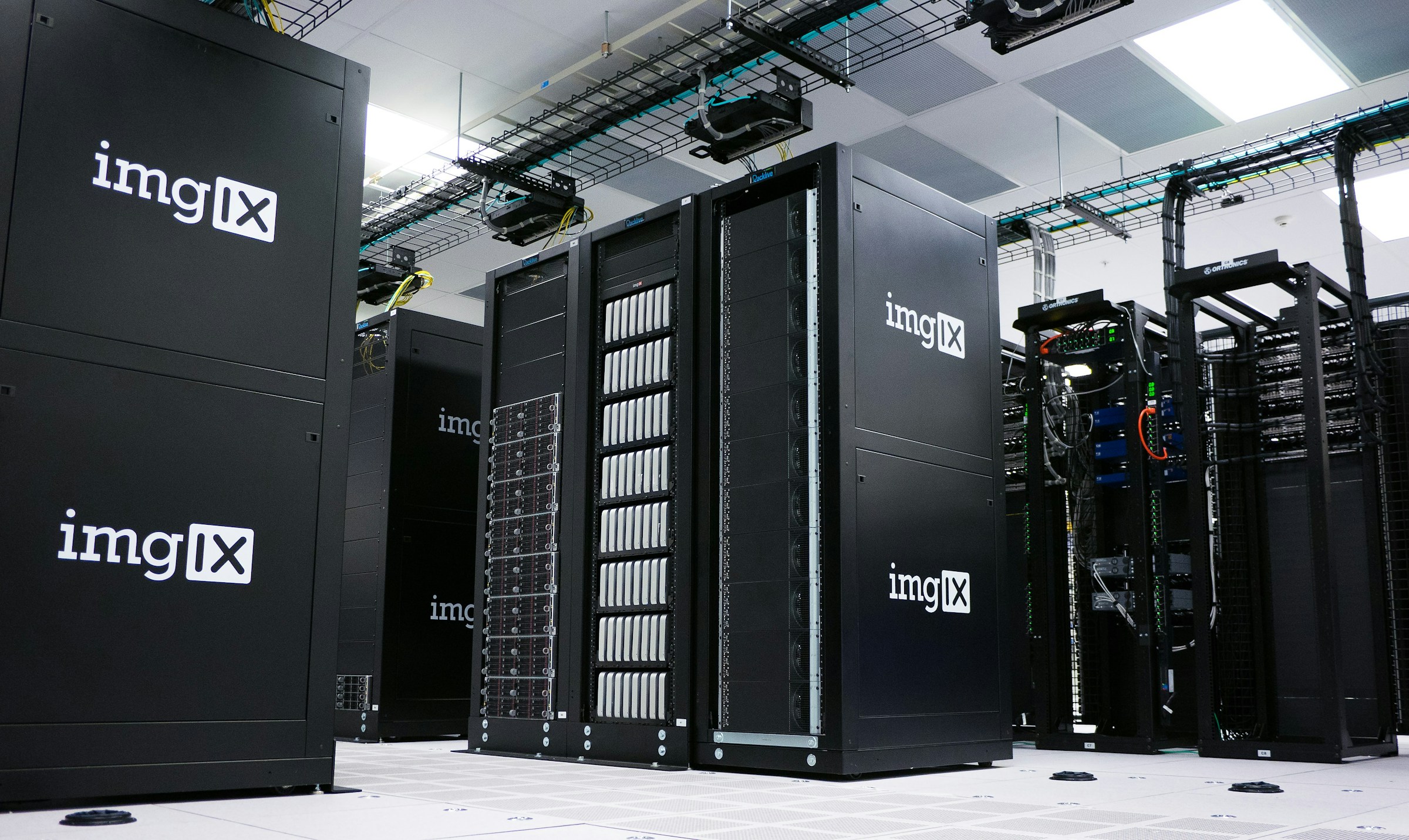In today’s digital age, ensuring the reliability and efficiency of data centers is paramount. The role of these infrastructure powerhouses has grown exponentially, supporting everything from cloud computing to real-time data analysis. As the complexity of data centers increases, so does the challenge of maintaining them. This is where artificial intelligence (AI) steps in, revolutionizing maintenance strategies by predicting and preventing hardware failures. This article will delve into how AI can transform the maintenance of data centers, ensuring optimal operations and minimizing downtime.
The Role of Predictive Maintenance in Data Centers
Predictive maintenance uses machine learning and AI technologies to forecast potential hardware failures before they happen. Unlike traditional maintenance methods that rely on routine schedules or reactive responses, predictive maintenance is based on analyzing data collected from various hardware components. By leveraging historical data and real-time information, predictive maintenance can identify signs of wear and tear or potential anomalies that could lead to hardware failures.
A lire aussi : Unlock efficiency with your ai admin assistant today
Center operators benefit significantly from predictive maintenance. It enables them to address issues proactively rather than reactively, thereby reducing unplanned downtimes and extending the lifespan of their equipment. Predictive maintenance also optimizes maintenance schedules by ensuring that interventions are only performed when necessary, saving both time and money.
For instance, AI-driven anomaly detection systems can monitor the performance of servers, cooling systems, and power supplies in real-time. When these systems detect deviations from normal operating patterns, they can alert center operators, who can then take preemptive action to fix any issues before they escalate into full-blown failures.
A voir aussi : What are the methods for implementing real-time sentiment analysis on social media data?
Leveraging Machine Learning and Artificial Intelligence
Machine learning and AI are at the heart of predictive maintenance. These technologies can process vast amounts of data from various systems within a data center, learning to recognize patterns and predict failures with remarkable accuracy. Learning algorithms improve over time, enhancing their ability to predict and prevent hardware issues.
For example, AI can analyze historical data from past hardware failures to identify trends and common failure points. This analysis can be used to develop predictive models that can forewarn about similar issues in the future. Machine learning algorithms can also adapt to new data inputs, refining their predictions and increasing their accuracy over time.
Moreover, AI can integrate data from multiple sources within a data center, such as temperature sensors, power consumption records, and server performance logs. By correlating this data, AI can provide a comprehensive view of the health of the entire infrastructure, enabling more informed and timely decision-making by center operators.
Enhancing Energy Efficiency and Power Management
Energy consumption is a significant concern for data centers, given their high energy demands. Implementing AI-driven predictive maintenance can lead to more efficient energy management, thereby reducing costs and environmental impact. AI can monitor and optimize energy consumption by predicting hardware failures that could lead to inefficient operations.
For example, if a cooling system component is likely to fail, it could cause other parts of the system to work harder, consuming more energy. Predictive maintenance can identify such potential issues and ensure that maintenance is performed before the failure occurs, thus maintaining optimal energy efficiency.
AI can also manage power supplies more effectively. By analyzing patterns in energy use, AI can predict peak demand times and adjust power distribution accordingly. This not only helps in preventing power-related failures but also optimizes energy use, contributing to the overall sustainability of the data center.
Improving Security Through Predictive Analytics
Security is another critical area where predictive maintenance can make a significant impact. AI and predictive analytics can enhance the security of data centers by identifying and addressing vulnerabilities before they are exploited. For instance, anomaly detection systems can monitor network traffic and hardware performance for unusual patterns that could indicate a security threat.
In addition, AI can help in predicting physical security breaches. By analyzing data from surveillance cameras, access logs, and other security systems, AI can identify suspicious activities and alert security personnel in real-time. This proactive approach can prevent potential breaches and ensure the safety of sensitive data and infrastructure.
Predictive analytics can also help in compliance with security regulations. By continuously monitoring and analyzing data, AI can ensure that the data center meets all required security standards, thus avoiding potential fines and legal issues.
Integrating Cloud and On-Premise Solutions
In the era of cloud computing, many data centers are adopting hybrid models that combine on-premise and cloud-based solutions. AI can facilitate this integration, ensuring seamless operations across different environments. Predictive maintenance tools powered by AI can monitor both cloud and on-premise systems, providing a unified view of the data center’s health.
For example, AI can predict hardware failures in on-premise servers and automatically migrate workloads to cloud servers to avoid disruption. This capability ensures high availability and minimizes downtime, which is crucial for businesses relying on data centers for their operations.
Moreover, AI can help in balancing workloads between cloud and on-premise resources, optimizing performance and reducing costs. By predicting peak usage times and adjusting resource allocation accordingly, AI ensures that the data center operates efficiently and effectively.
In conclusion, leveraging AI for predicting and preventing hardware failures is no longer a futuristic concept but a practical necessity for modern data centers. The integration of predictive maintenance, machine learning, and AI technologies ensures the reliability, efficiency, and security of data center operations. By analyzing both historical and real-time data, AI-driven predictive maintenance provides valuable insights that enable proactive management, reducing unplanned downtimes and extending the lifespan of critical infrastructure.
Center operators can benefit from enhanced energy efficiency, improved security, and seamless integration of cloud and on-premise solutions. As the digital landscape continues to evolve, adopting AI-driven predictive maintenance strategies will be crucial in maintaining the robustness and resilience of data centers.
By embracing these innovative solutions, you can ensure that your data center remains at the forefront of technology, ready to meet the challenges of the future while maintaining optimal performance and security. With AI, the future of data center maintenance is not just about reacting to problems but proactively preventing them, ensuring smooth and uninterrupted operations.













No responses yet